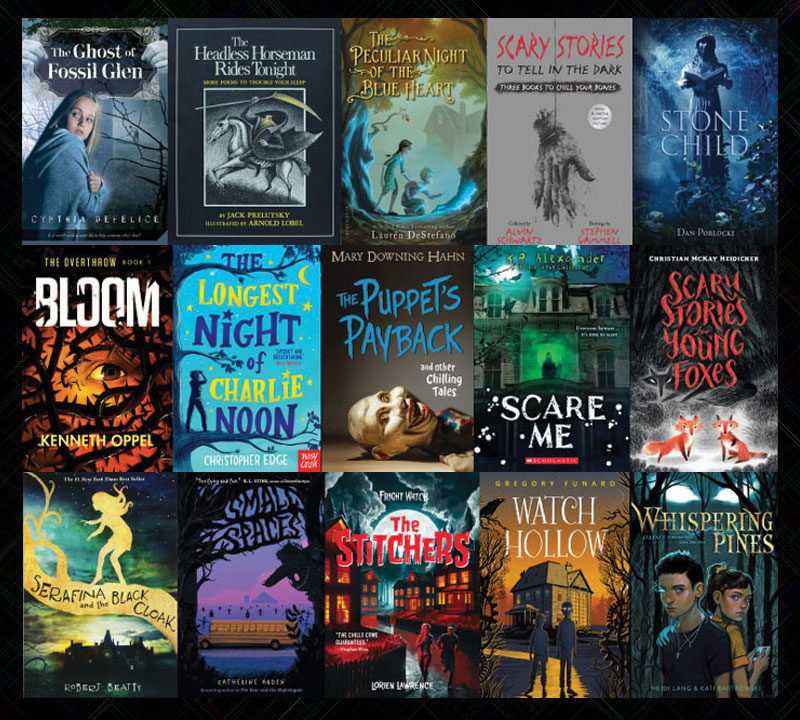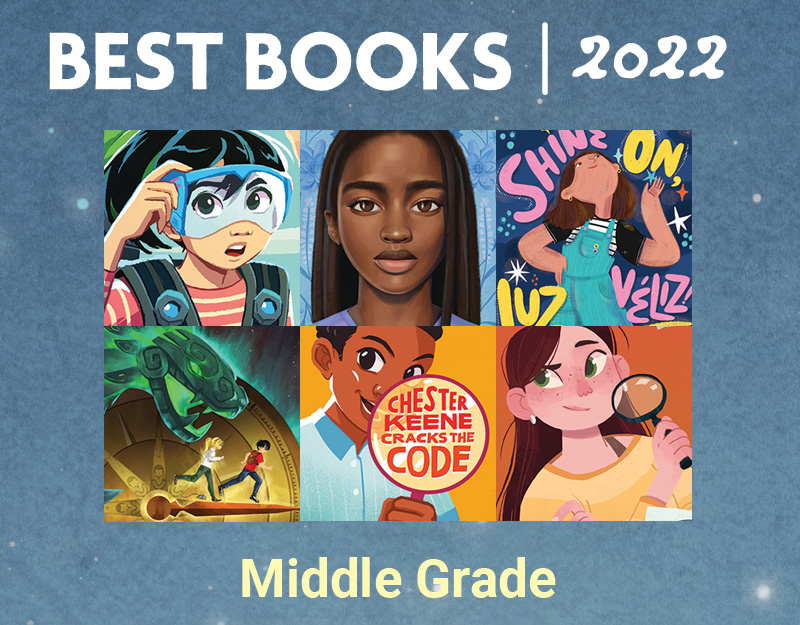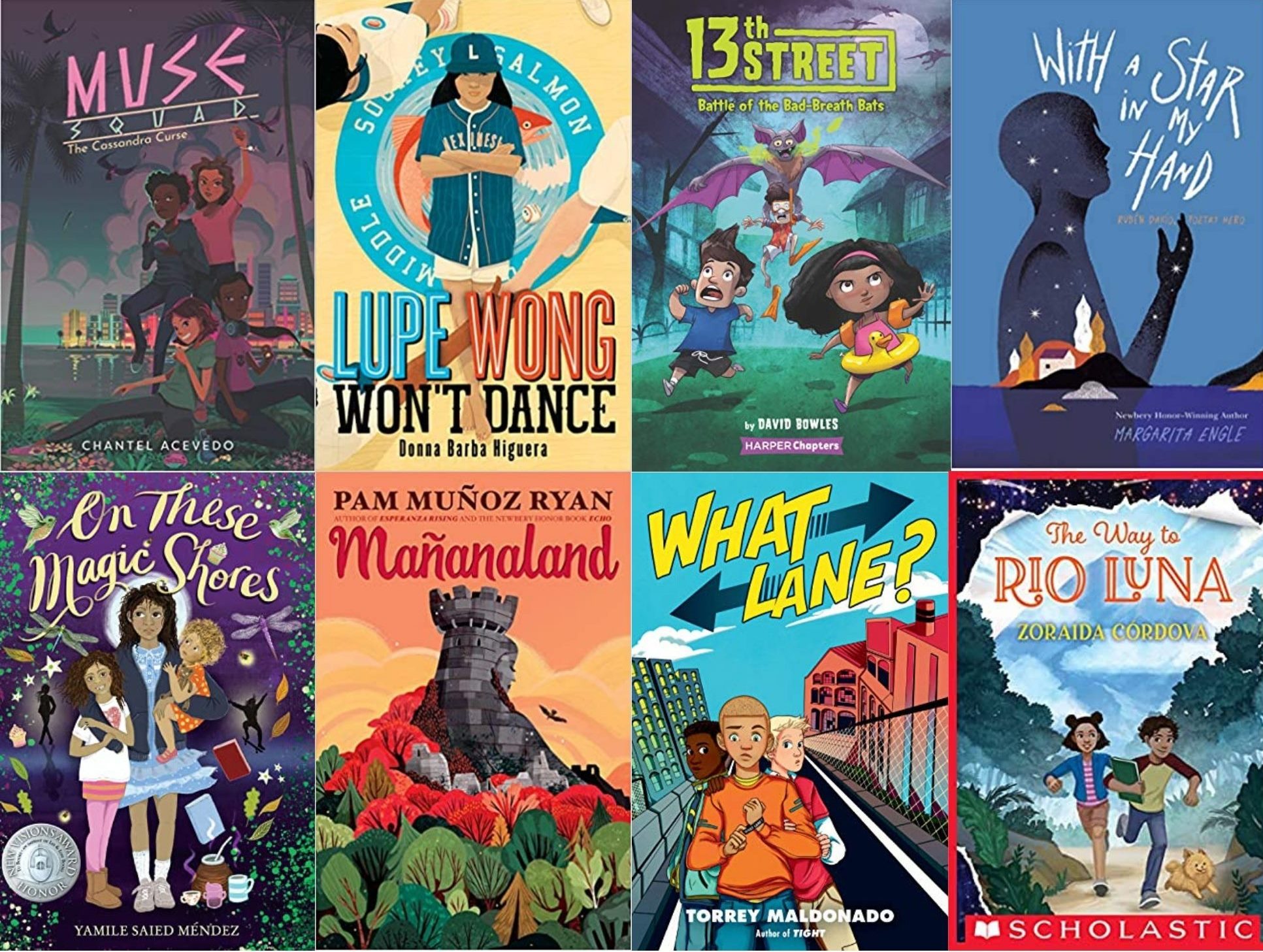Teens and Prison in the U.S. Series, teens with incarcerated parents
“The incarceration rate has nearly quadrupled since the U.S. declared a war on drugs, researchers say. Along with that, racial disparities abound. Incarceration rates for black Americans are more than six times higher than those for white Americans, according to the U.S. Bureau of Justice Statistics.” – Science Daily, June 25, 2014
At the same time that Robin and I really began talking about incarceration and today’s youth (see links below for other posts in this series), Sesame Street started talking about it as well. Yes, you heard me right, Sesame Street. You see, so many young people in the U.S. have parents in prison that Sesame Street felt the need to add a new muppet with an incarcerated parent to help those children relate. So when we talk about teens and prison, we aren’t just talking about incarcerated teens, we’re also talking about teens who are affected in different ways by incarceration, and the needs of these two different groups can be quite different.
ADVERTISEMENT
ADVERTISEMENT
2.3% of U.S. youth under the age of 18 have a parent in prison. That translates to over 2 in every 100 youth, or 1,706,600 youth overall. (source: http://blog.tpronline.org/?p=227)
Soon Sesame Street added their new muppet, John Oliver took a searing look at the prison culture in the U.S.
Approximately 1 in 100 adults are in prison, and many of those adults are parents. Which means that many of our teens are dealing with having a parent or guardian in jail. That’s a lot of our youth struggling with this issue. Some of the effects can include shame and anger, an unstable home life, financial struggles, homelessness, and so much more: “Teens face unique challenges, according to “Children on the Outside: Voicing the Pain and Costs of Parental Incarceration,” a Justice Strategies report published in 2011. Like other children of incarcerated parents, they often face separation from siblings, having to move from place to place and increased poverty. Teens have an increased risk of delinquent behavior and an increased likelihood of school failure along with a sense of stigma and shame that impacts on their sense of who they are in the world.” (Reclaiming Futures: Helping Teens with Incarcerated Parents Lead Successful Lives). Teens may have to navigate the emotional mindstorm of visiting a parent in prison, explaining parental absence to new friends, and prejudice against themselves because of the actions of the parent in their life.
The epidemic is so wide spread that in 2013 Public Libraries Online (PLA) presented a paper on helping teens with incarcerated parents. It’s recommendations were twofold: One, continue regular programming to help meet the needs that these teens have in common with their peers, because those don’t change. And two, offer additional programming specific to the needs of this group. This programming can include doing appropriate bibliotherapy or recognizing in your programming that the teens involved may not have the mother or father in the home that you are asking them to celebrate during things like Donuts with Dad or Mother/Daughter Teas. This doesn’t mean you have to scrub these programs all together, but it asks us to consider in our marketing making it clear that some male or female adult role model is invited, it doesn’t specifically have to be a father or a mother. You can also consider having special programming for teens, including creating environments where they can come together and support one another by sharing their unique struggles through things like book discussions groups. The Brooklyn Public Library, for example, offers a variety of services under their Jail Libraries programs to help connect families.
It’s important when working with teens of incarcerated parents that we understand the need to maintain patron privacy and find ways to serve this patron group while protecting the secrecy of their status. Teens will have a variety of vary valid reactions to their family situation and deserve the opportunity to reveal or not reveal their status on their own timetable. This makes marketing and outreach to these teens a more complicated and delicate matter. You’ll want to reach out to local social service organizations to help identify the needs in your area, brainstorm ways to provide library services, and discuss sensitive ways that you can reach out while protecting these teens. Chances are, you are already serving some of these teens in your library, they just haven’t shared this information with you and some of them never will.
Although statistics indicate that the number of teens with an incarcerated parent are high, these numbers are not reflected in the YA literature. However, there are a few titles that reflect the real world that our teens are living in.
“Tyrell is a young, African American teen who can’t get a break. He’s living (for now) with his spaced-out mother and little brother in a homeless shelter. His father’s in jail. His girlfriend supports him, but he doesn’t feel good enough for her – and seems to be always on the verge of doing the wrong thing around her. There’s another girl at the homeless shelter who is also after him, although the desires there are complicated. Tyrell feels he needs to score some money to make things better. Will he end up following in his father’s footsteps?” (Publisher’s Description)
 Zebra Forest by Adina Rishe Gewirtz
Zebra Forest by Adina Rishe Gewirtz
“When eleven-year-old Annie first started lying to her social worker, she had been taught by an expert: Gran. “If you’re going to do something, make sure you do it with excellence,” Gran would say. That was when Gran was feeling talkative, and not brooding for days in her room — like she did after telling Annie and her little brother, Rew, the one thing they know about their father: that he was killed in a fight with an angry man who was sent away. Annie tells stories, too, as she and Rew laze under the birches and oaks of Zebra Forest — stories about their father the pirate, or pilot, or secret agent. But then something shocking happens to unravel all their stories: a rattling at the back door, an escapee from the prison holding them hostage in their own home, four lives that will never be the same. Driven by suspense and psychological intrigue, Zebra Forest deftly portrays an unfolding standoff of truth against family secrets — and offers an affecting look at two resourceful, imaginative kids as they react and adapt to the hand they’ve been dealt.” (Publisher’s Description, an MG title)
 Just Call My Name by Holly Goldberg Sloan (I’ll Be There #2)
Just Call My Name by Holly Goldberg Sloan (I’ll Be There #2)
“The happily-ever-after of Holly Goldberg Sloan’s acclaimed debut, I’ll Be There, is turned on its head in this riveting, emotional sequel about friends, enemies, and how those roles can shift in a matter of moments.
Emily Bell has it all. She’s in love with a boy named Sam Border, and his little brother has become part of her family. This summer is destined to be the best time of their lives–until a charismatic new girl in town sets her sights on Sam. Now Emily finds herself questioning the loyalty of the person she thought she could trust most.
But the biggest threat to her happiness is someone she never saw coming. Sam’s criminally insane father, whom everyone thought they’d finally left behind, is planning a jailbreak. And he knows exactly where to find Emily and his sons when he escapes…and takes his revenge.” (Publisher’s Description)
“You know it’s going to be a rough summer when you spend Father’s Day visiting your dad in the local lockup.
Noah’s dad is sure that the owner of the Coral Queen casino boat is flushing raw sewage into the harbor–which has made taking a dip at the local beach like swimming in a toilet. He can’t prove it though, and so he decides that sinking the boat will make an effective statement. Right. The boat is pumped out and back in business within days and Noah’s dad is stuck in the clink.
ADVERTISEMENT
ADVERTISEMENT
Now Noah is determined to succeed where his dad failed. He will prove that the Coral Queen is dumping illegally . . . somehow. His allies may not add up to much–his sister Abbey, an unreformed childhood biter; Lice Peeking, a greedy sot with poor hygiene; Shelly, a bartender and a woman scorned; and a mysterious pirate–but Noah’s got a plan to flush this crook out into the open. A plan that should sink the crooked little casino, once and for all.” (Publisher’s Description)
 Such a Pretty Girl by Laura Wiess
Such a Pretty Girl by Laura Wiess
While it is true that a lot of individuals end up in jail for small crimes and drug use, some parents are in jail for the emotional, physical and sexual abuse of their children. Yesterday as I was having my weekly Tuesday evening conversation with Robin, she told me about girls as young as 10-years-old giving birth to babies, and often the dads, stepdads, and mother’s boyfriends end up being the father’s of these babies. In Such a Pretty Girl, Meredith was promised 9 years of safety as her father sat in prison for the sexual abuse he committed against her. But as so often happens, he gets out early – 6 years early. Now that safety that prison promised her has been taken away. This is one of those instances where a father really, really needed to stay in jail for the safety of his children. It is also a stark reminder of why our sentencing of sexual offendors is often so wildly out of proportion to the crime, as opposed to the way we sentence marijuana users, and how we fail the victims who need us to protect them.
“They promised Meredith nine years of safety, but only gave her three.
Her father was supposed to be locked up until Meredith turned eighteen. She thought she had time to grow up, get out, and start a new life. But Meredith is only fifteen, and today her father is coming home from prison.
Today her time has run out.” (Publisher’s Description)
“Fifteen-year-old Brett Gerson is a real-life S.R.K. (spoiled rich kid)–the guy you love to hate. Yep, Brett’s pretty much got life in the bag–until his dad is jailed for insider trading, and the family money swirls down the drain.
Brett wishes things could go back to the way they were–until some dirty swimming pools change everything.” (Publisher’s Description)
Project What Resource Guide: for teens with a parent in prison or jail
Maria Testa Gives Voice to Children of Imprisoned Parents
Prison Novels and the New Jim Crow
Resource Guide for Teens with a Parent in Prison or Jail
CCA Resource List for Young Children, Teens and People Who Work with Children (has a booklist for adults who work with children with incarcerated parents)
California State Library: Children with Incarcerated Parents
Serving Children and Families of Adult Offenders: a directory of programs
More in the Teens and Prison in the U.S. section of TLT
- Racial Stereotyping in YA Literature
- Working with Incarcerated Youth Take II, a reflection
- Incarcerated Youth: Understanding Justice
- Take 5: Doing Time (books with incarcerated youth) See Also: Books About Incarceration for Teens
Filed under: Prison, Teen Issues
About Karen Jensen, MLS
Karen Jensen has been a Teen Services Librarian for almost 30 years. She created TLT in 2011 and is the co-editor of The Whole Library Handbook: Teen Services with Heather Booth (ALA Editions, 2014).
ADVERTISEMENT
ADVERTISEMENT
SLJ Blog Network
One Star Review, Guess Who? (#202)
This Q&A is Going Exactly As Planned: A Talk with Tao Nyeu About Her Latest Book
More Geronimo Stilton Graphic Novels Coming from Papercutz | News
Parsing Religion in Public Schools
ADVERTISEMENT










